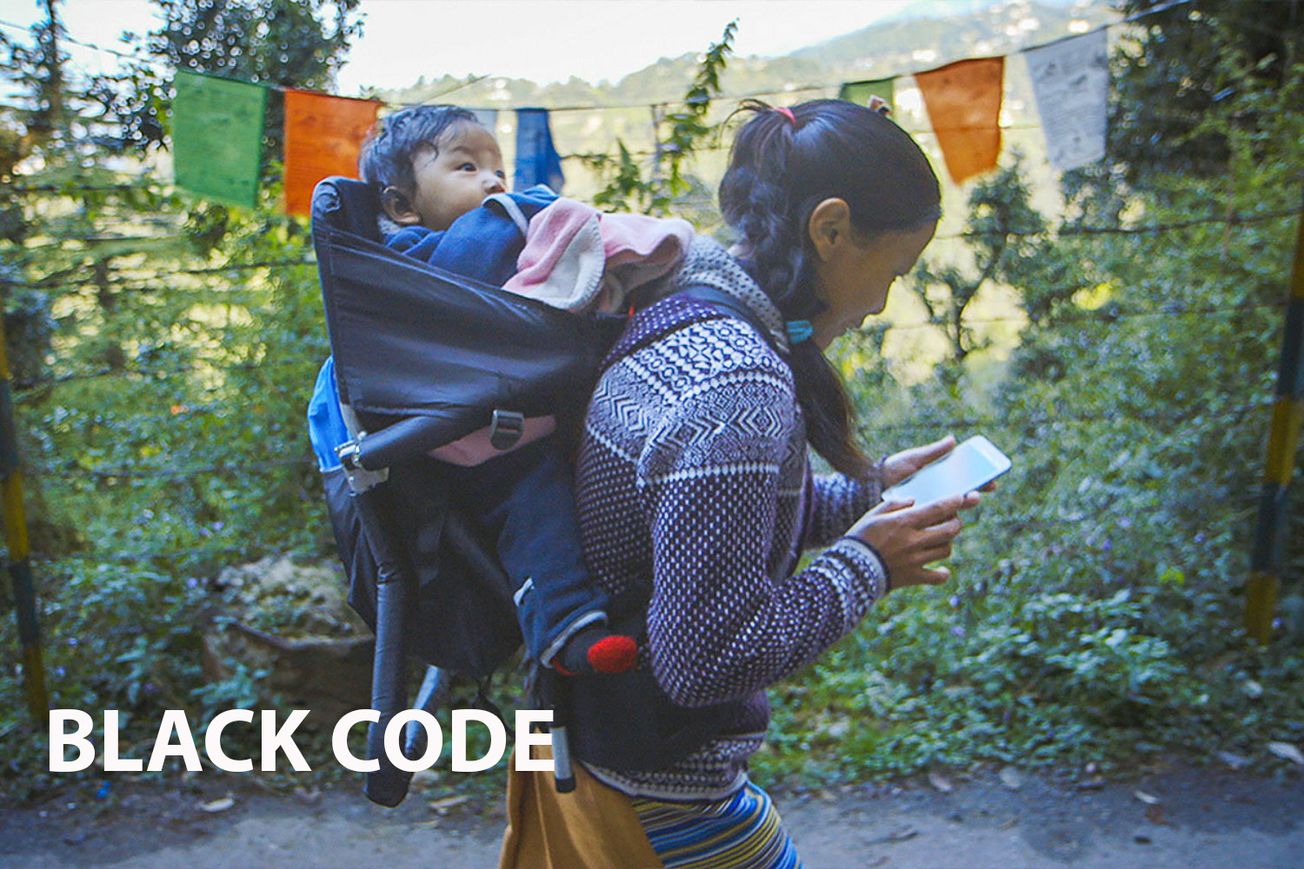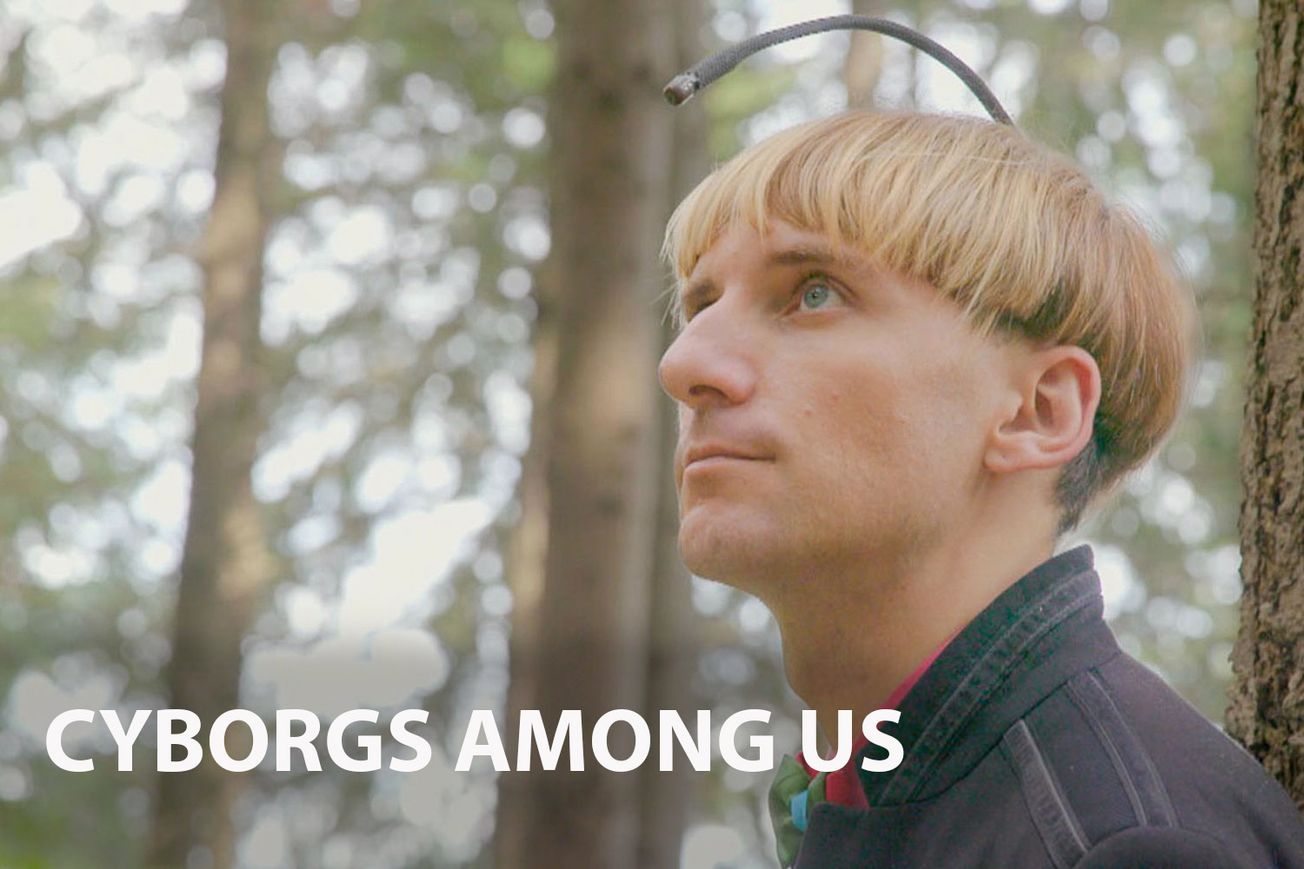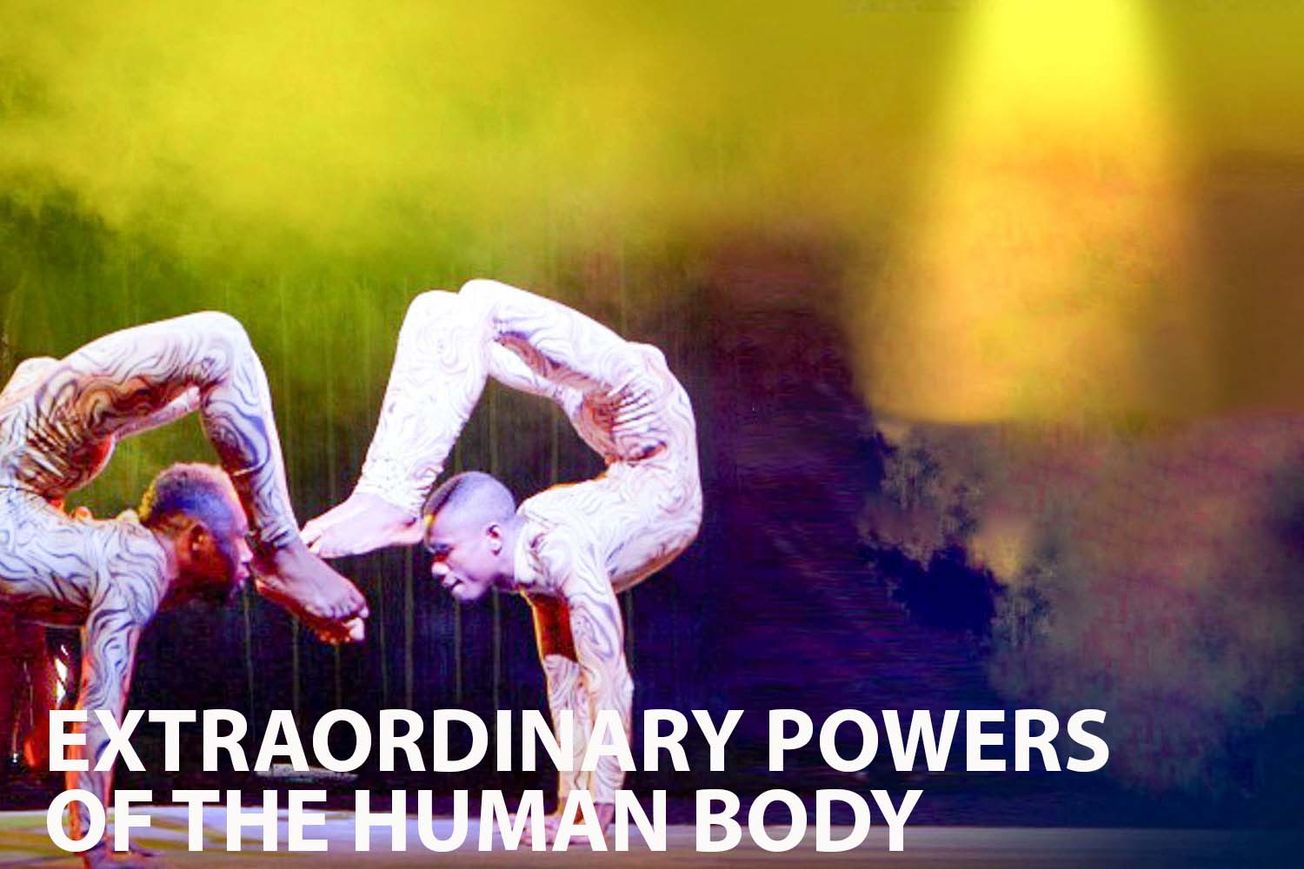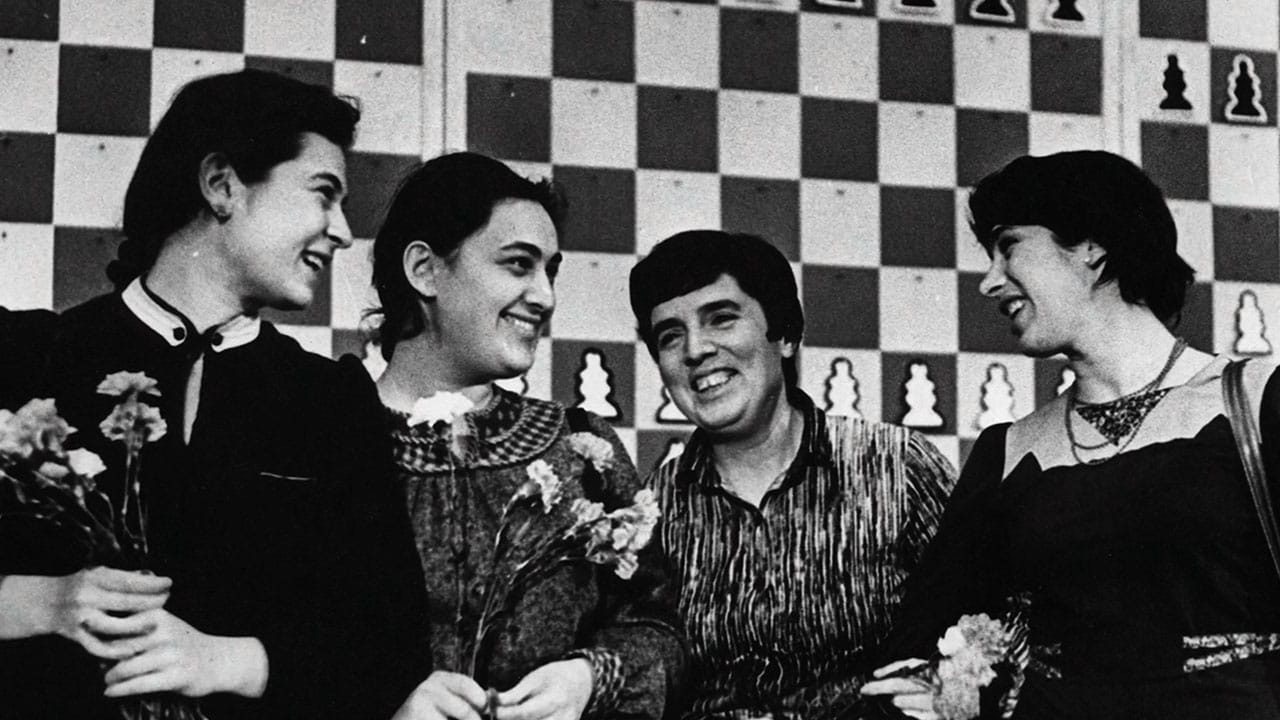Keywords: Internet, Free Speech, Privacy, Activism, Documentary, Summary Insights: Informative, Thought-provoking, Revealing
Introduction
"Black Code", directed by Nicholas de Pencier and released in 2016, explores the profound implications of the internet on free speech, privacy, and activism. In an age where digital technology permeates every aspect of our lives, this documentary offers a timely examination of the digital world's far-reaching effects.
Synopsis
"Black Code" takes us on a journey across the globe, offering a snapshot of how the internet influences our right to express ourselves, our privacy, and our ability to rally for change. It provides a thought-provoking exploration of the internet’s role in shaping contemporary society, without revealing too much.
More Film Analysis
Analysis
The documentary adopts an investigative approach, delving deep into the subject matter with thorough research and probing interviews. De Pencier's presentation is compelling, effectively translating complex, abstract concepts into understandable narratives.
Historical and Factual Context
The documentary is set against the backdrop of the 21st-century digital revolution. It provides context through real-life cases, showing how governments and corporations use digital tools to monitor and manipulate users.
Key themes in the film
- The double-edged sword of technology: The internet can both empower and threaten our fundamental rights.
- The evolving nature of activism: The digital world offers new platforms for dissent and protest.
- Privacy in the digital age: Our personal data is more vulnerable than ever.
Film Comparisons
Unlike other technology-focused documentaries on iWonder, "Black Code" provides a more global perspective, touching on issues in various countries to illustrate the universal implications of the digital age.
Noteworthy Moments
From revelations about government surveillance to stories of activists leveraging social media for change, "Black Code" is filled with eye-opening moments that challenge our understanding of the digital world.
Reviews
With an IMDB score of 6.1, "Black Code" has received mixed reviews. Critics praised its investigative approach and insightful exploration of complex issues.
Conclusion
"Black Code" is a must-watch for anyone interested in understanding the intricate relationship between the internet, free speech, privacy, and activism. It's particularly enlightening for digital natives, tech enthusiasts, and social activists.
More film information:
FILM SUMMARY
- IMDB score: 6.1
- Rotten Tomatoes score: N/A
- Metacritic score: N/A
- Film festival awards: N/A
PERSONALITIES
- Nicholas De Pencier: Director
- Ronald Deibert: Featured Expert, author of the book "Black Code"
LOCATIONS
- Various countries worldwide, underlining the global nature of the topic.
Key Questions Raised by the Film
- How has the internet reshaped our understanding of free speech?
- In what ways does technology both empower and threaten activism?
- How can we protect our privacy in the digital age?
Links for Further Exploration
Digital Rights Watch, Electronic Frontier Foundation, Internet Society: https://www.eff.org/
I wonder what the film would be in another art form

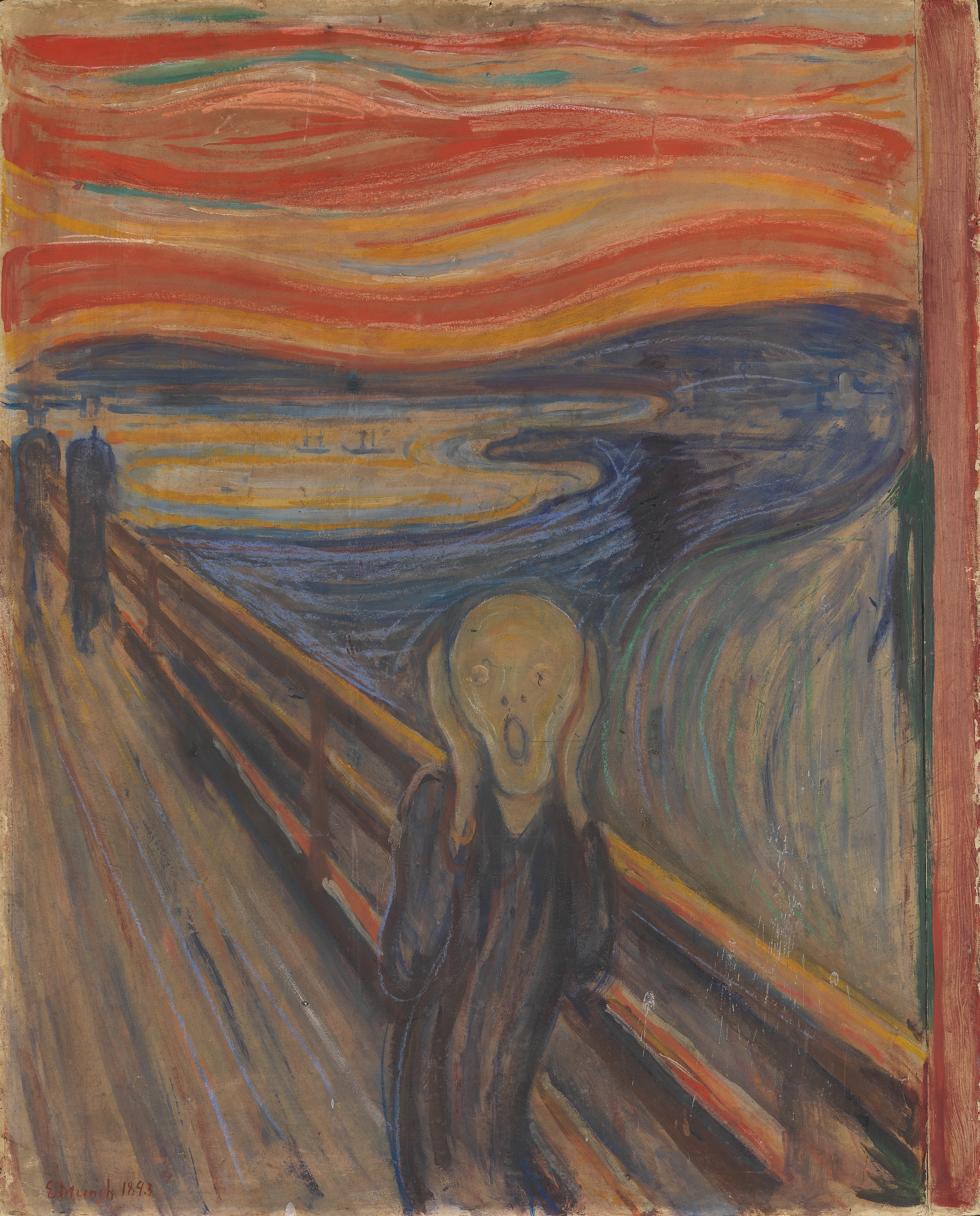

- A famous book, it would be "1984" by George Orwell because of its exploration of surveillance and free speech.
- A famous song? "Every Breath You Take" by The Police due to its themes of constant surveillance.
- A famous piece of art? "The Scream" by Edvard Munch for its representation of modern anxiety.
- A famous celebrity? Edward Snowden, for his role in revealing government surveillance.
- A colour? Black, symbolizing the hidden and mysterious aspects of the digital world.
- A music style? Electronic music, given its modern, technological resonance.
